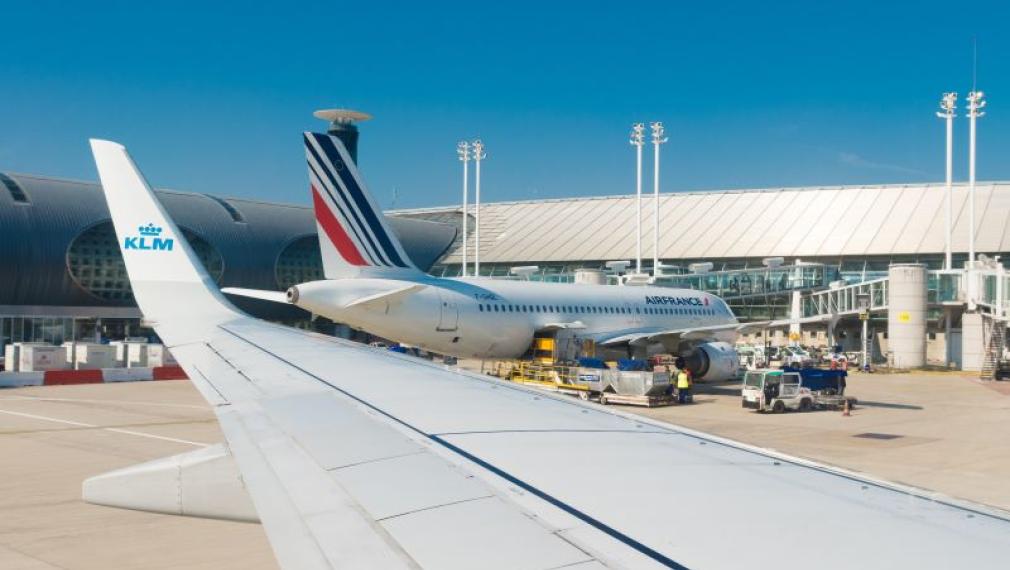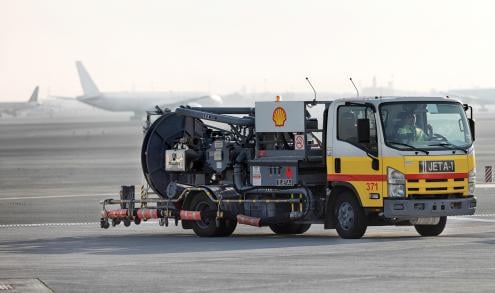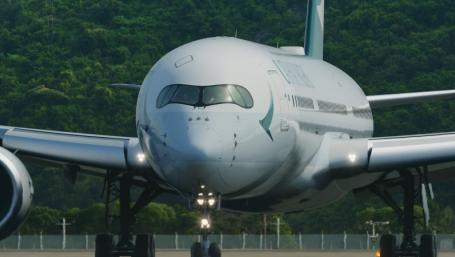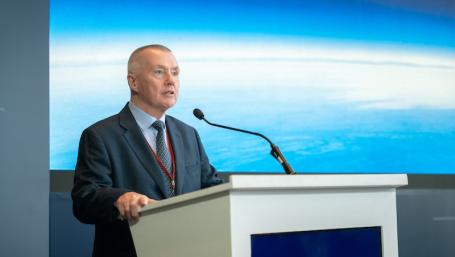Sustainable Aviation Fuel
With governments and airlines committed to decarbonizing aviation by 2050, innovative solutions are required and sustainable aviation fuels (SAF) could play a major role in meeting targets. IATA estimates that SAF could contribute around 65% of the reduction in emissions needed by aviation to reach net-zero in 2050. This will, however, require a massive increase in production in order to meet demand.
Latest News On Sustainable Aviation Fuels
Jun 02, 2025
Cathay Pacific has entered into an agreement with Sinopec to supply SAF to Hong Kong airport to be blended and used for some Cathay flights.
Jun 02, 2025
IATA head Willie Walsh blasted tariffs, lags in ATC modernization and SAF development, and what he calls the EU's "great green scam.”
May 30, 2025
Sustainable aviation fuel specialist SkyNRG has secured €300 million ($341 million) to progress construction of worldwide production facilities.
May 30, 2025
Our roundup of the main aerospace and defense stories making the news this week.
May 29, 2025
The CEO talks about his plans for a turnaround, Boeing’s future in space, when it might launch a new airliner and the huge F-47 fighter win.
May 23, 2025
The massive budget reconciliation bill narrowly passed by the U.S. House of Representatives continues tax credits for sustainable aviation fuel production.
May 22, 2025
Unfettered growth in the UK's commercial aviation sector will have to square up with decarbonization and net zero ambitions, some industry players say.
May 22, 2025
Sustainability is a part of Cathay Pacific’s purpose to move people forward in life in a sustainable and responsible manner for current and future generations.









